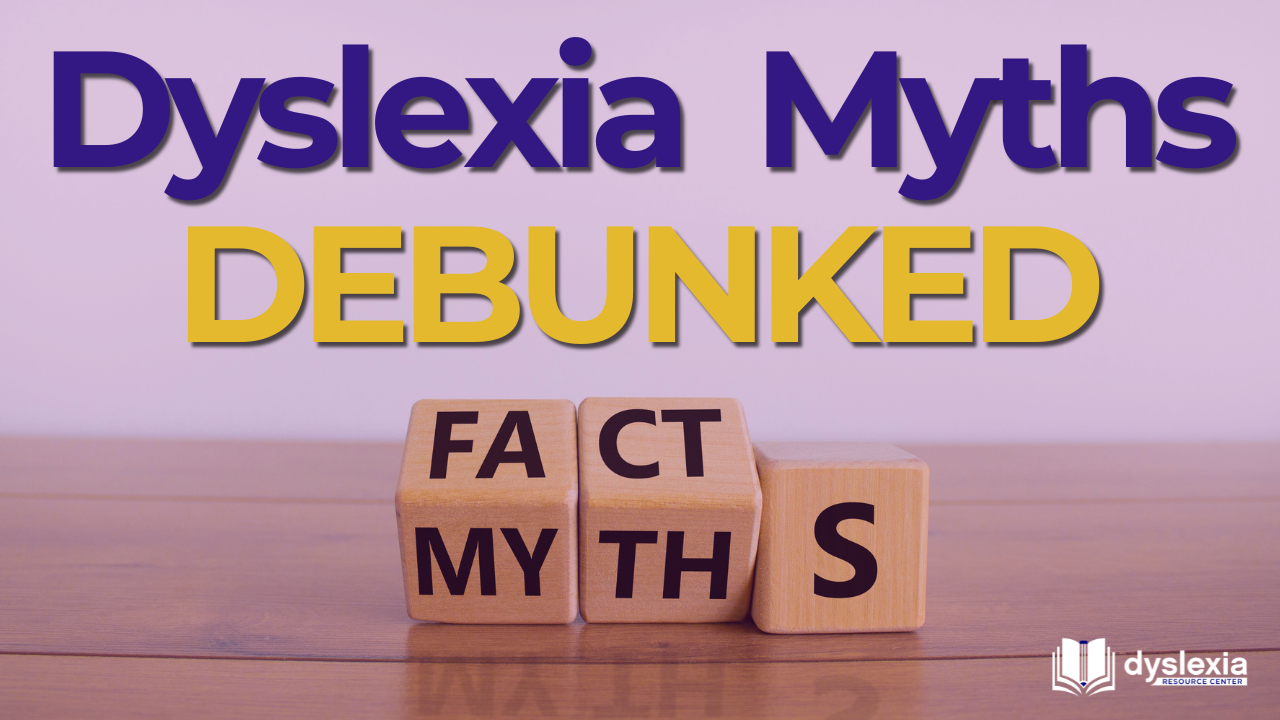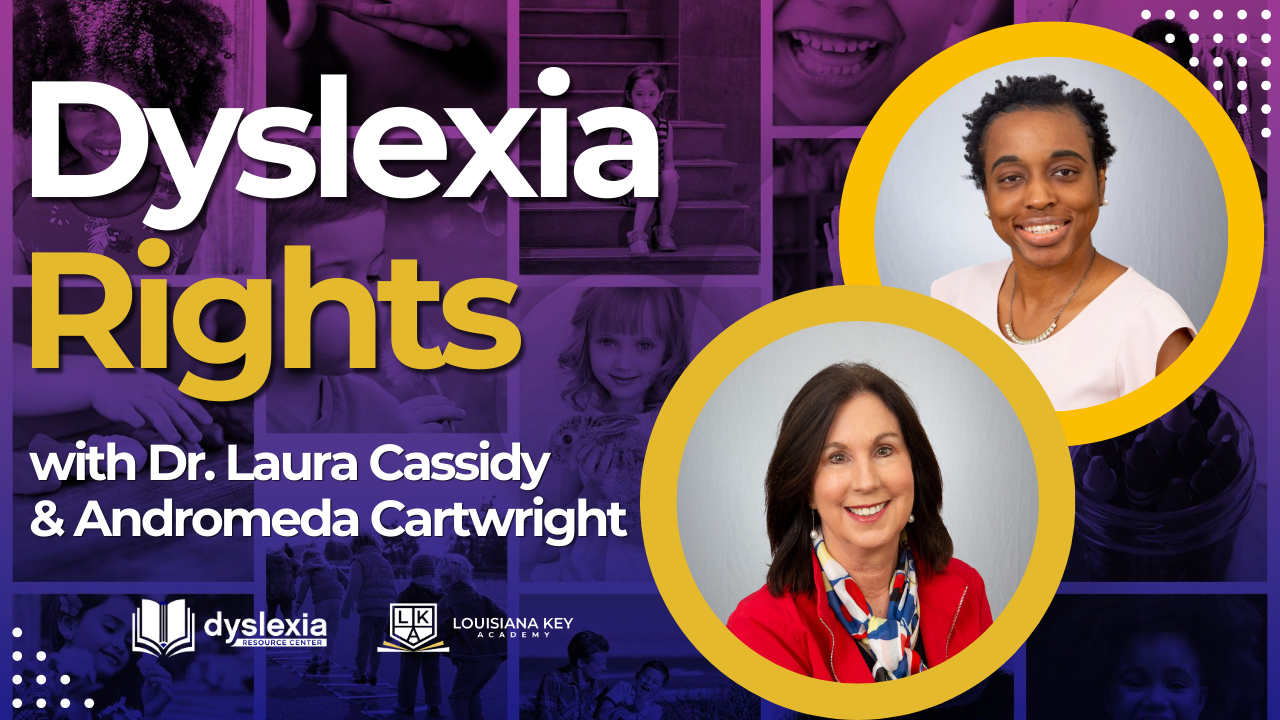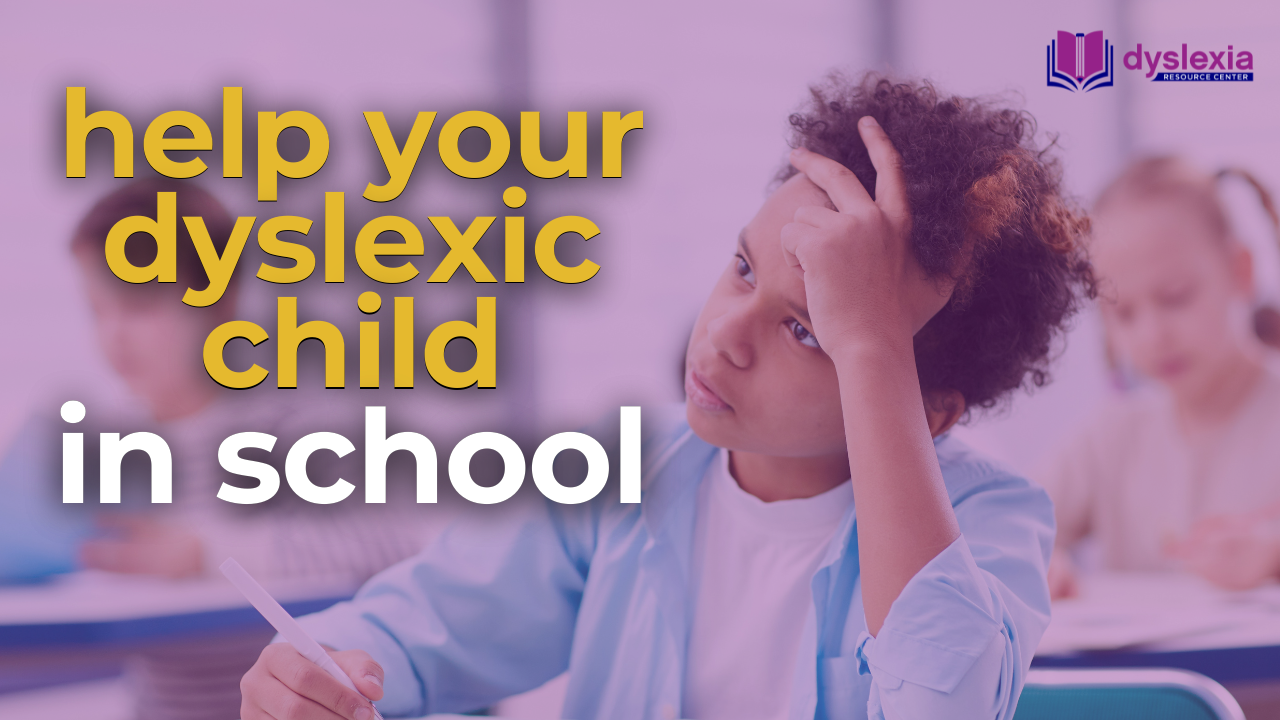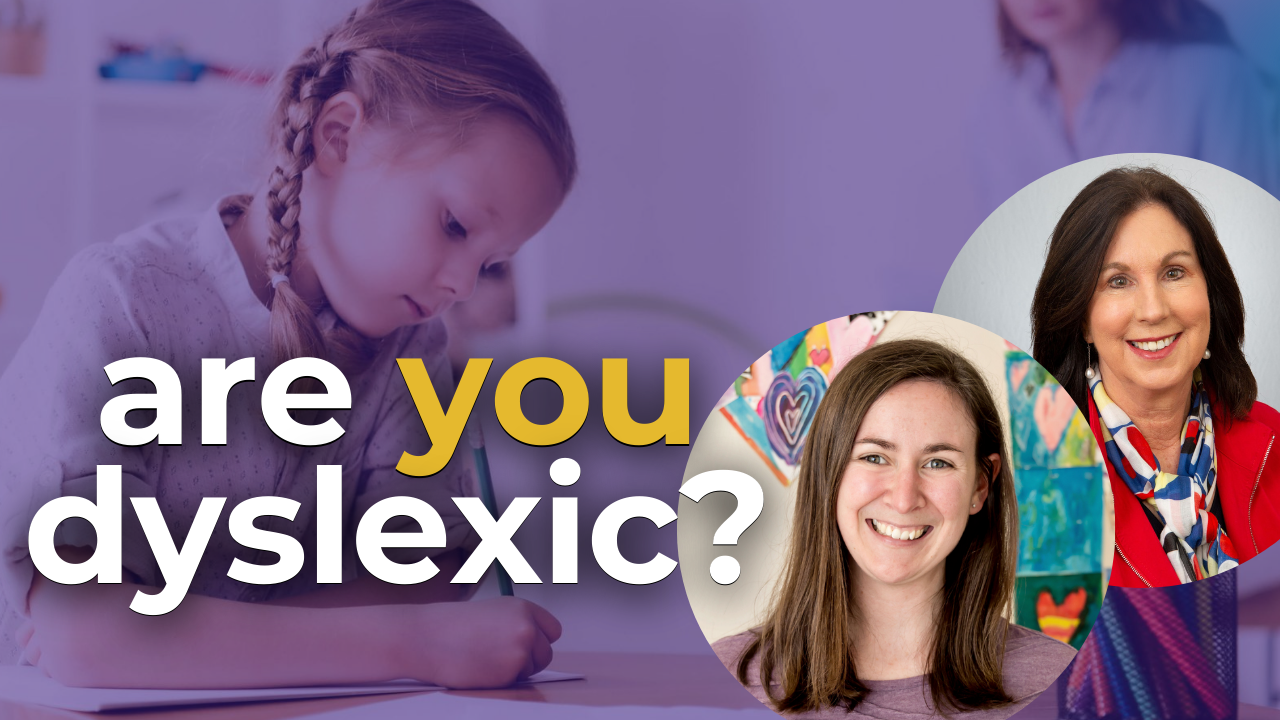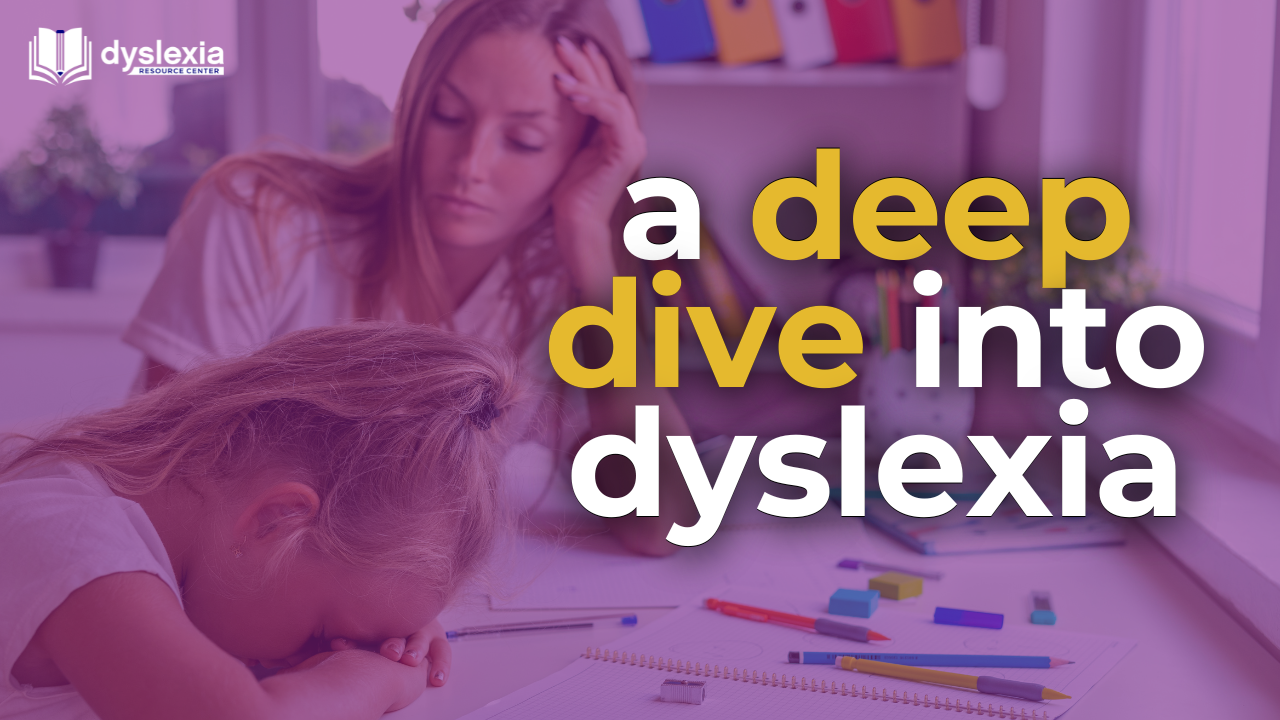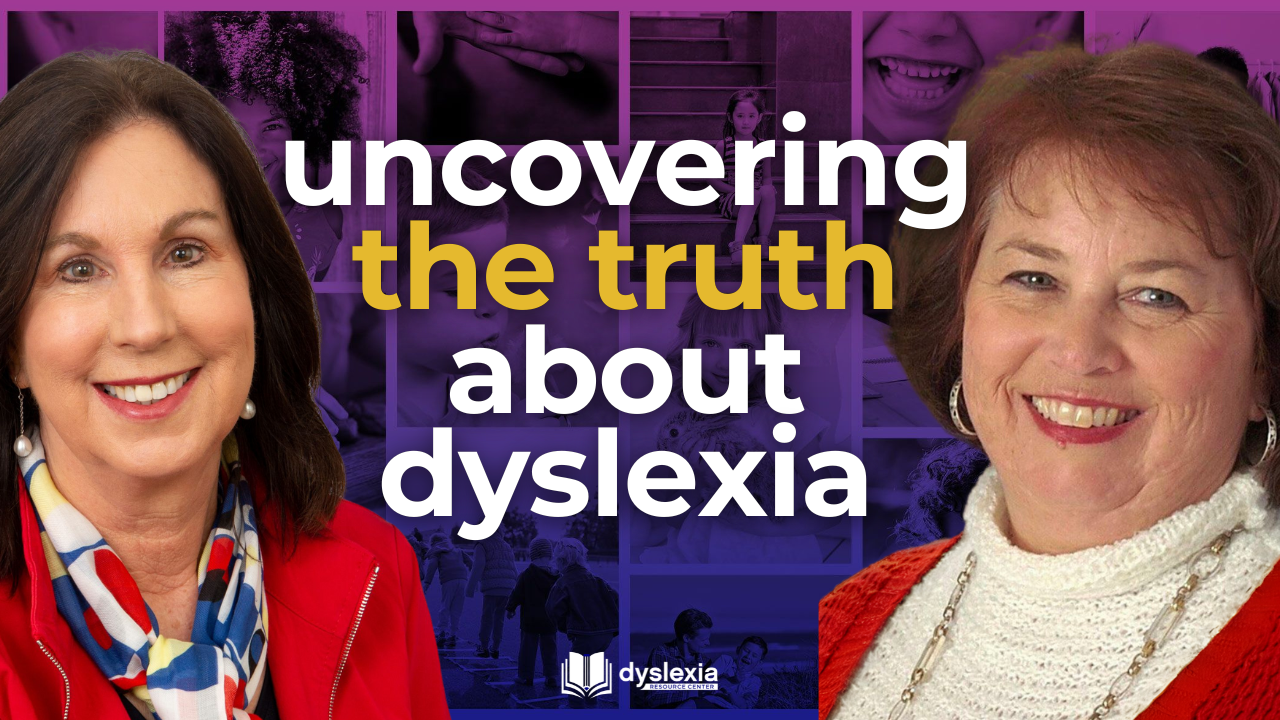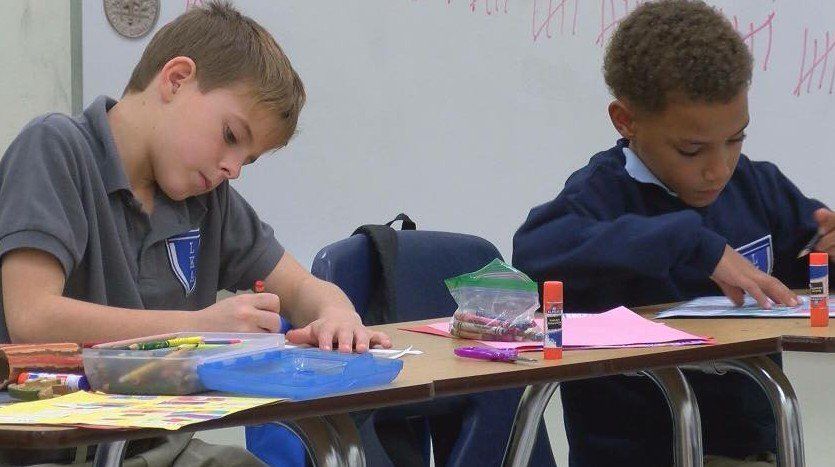Call Us (225) 384-5484
Solution To Help You Teach Reading More Effectively

Help your dyslexic students by learning how best to meet their needs.
Have you taught bright students who struggle to learn to read? The reason these students struggle is because they have an unexpected difficulty with reading called dyslexia. We often come across students in our classrooms and try every strategy we know to help these students find success.
Have you ever wondered what more you could do to support these students? You can learn how to spot these difficulties in the classroom right away so that the child can be identified, and how to provide appropriate instructional practices to best meet the needs of the dyslexic child.
For the dyslexic student having a teacher with these skills is life changing.
Dyslexia Awareness and Training
Did you know that one in five students have dyslexia? Not only is dyslexia common, but it is also well documented. Dyslexic students are in every classroom and every school, yet most undergraduate and teacher training programs fail to adequately prepare you to identify these students.
You can help a dyslexic child understand their reading difficulty is due to dyslexia and not because they are lazy or stupid. Dyslexia awareness and training empowers you and changes the course of the child’s life.
Online courses that support you in teaching the dyslexic child.
The Dyslexia Resource Center offers online or in-person training that provides the proper tools and knowledge so that your hard work meets the needs of the dyslexic child. Join us for one out courses today!
- Gain an understanding of dyslexia and how to spot dyslexic students in your classroom
- Learn best practices for teaching students with dyslexia
- An overview of Orton-Gillingham approaches and MUCH MORE!


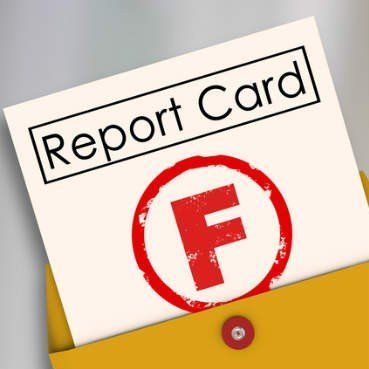
Quick Links
What is Dyslexia?
Dyslexia Services
WHO WE ARE?
The Dyslexia Resource Center was started by a group of concerned parents, medical doctors, and advocates who simply want everyone to know the truth about dyslexia, based on the most current science, and how that knowledge can translate into success in the classroom.
WHAT IS DYSLEXIA?
An unexpected difficulty in reading for an individual who has the intelligence to be a much better reader.
All Rights Reserved | Dyslexia Resource Center

